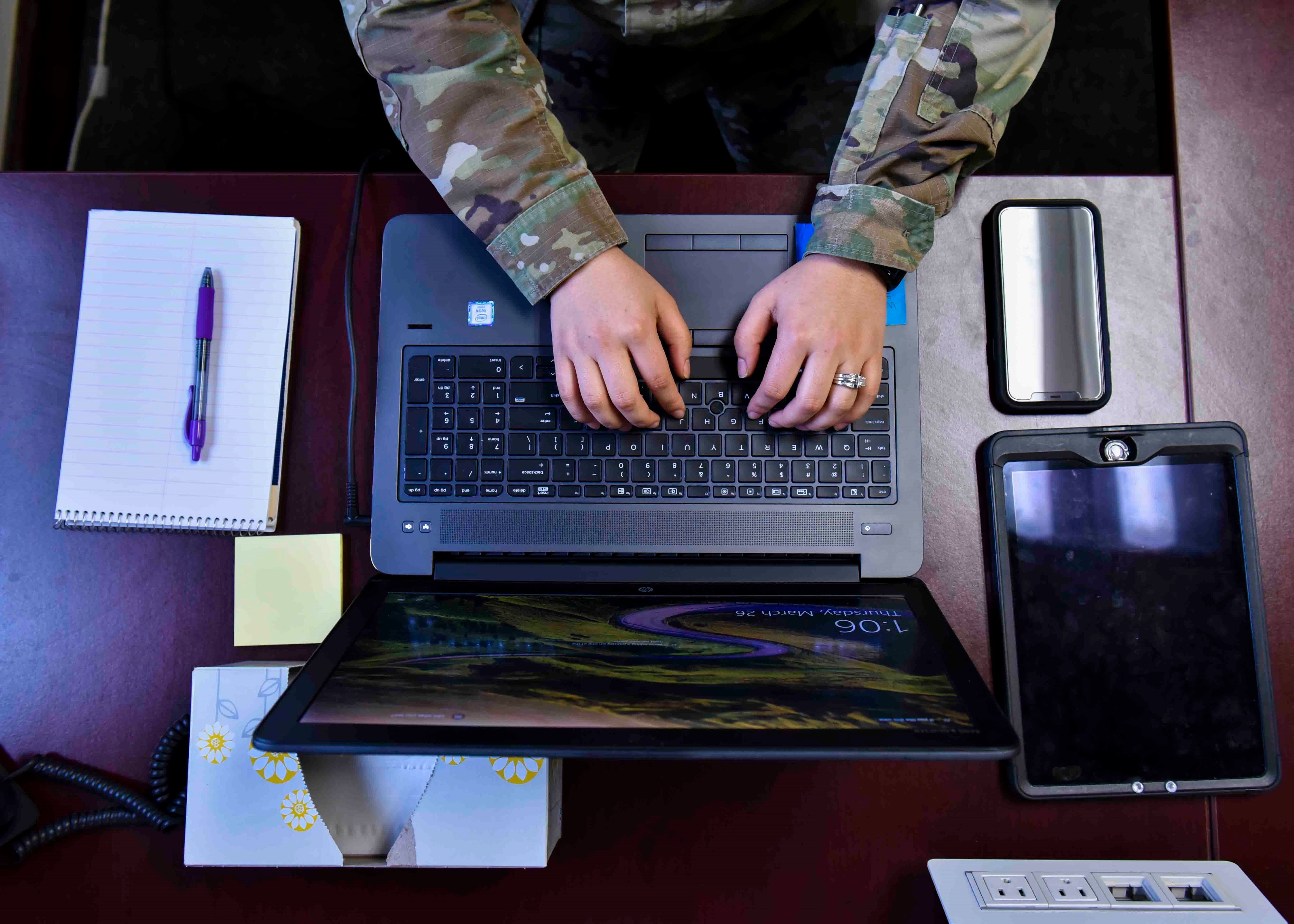Veterans advocates are raising alarms about a behind-the-scenes GI Bill rule change that could allow students to use up their tuition stipends on non-degree programs, potentially wasting their military education benefits.
Veterans Affairs officials say the move is meant to be a technical correction to definitions governing online-only college programs, and does not require a formal public review period.
But 25 veterans organizations — including The American Legion, Paralyzed Veterans of America and Iraq and Afghanistan Veterans of America — said the change raises serious concerns about how students may use or misuse the GI Bill in the future.
In a letter to VA Under Secretary for Benefits Joshua Jacobs last week, the groups voiced “deep opposition” to the move, saying it for the first time opens GI Bill funds to “unaccredited online programs that do not lead to a degree.” The groups are now asking for the changes to be halted, or at least subjected to a public review period mandated for similar sweeping changes.
RELATED

“The impact of the proposed changes will lead to veterans being charged their GI Bill for what amounts to simple access to the internet,” said William Hubbard, vice president for Veterans and Military Policy at Veterans Education Success, which has led the effort to block the change.
“VA will have opened a loophole in the GI Bill that provides the worst scammers out there with direct and unchecked access to veterans and their valuable GI Bill dollars.”
At issue is how online-only college programs are handled under the Post-9/11 GI Bill, which provides at least 36 months of tuition costs for student veterans or eligible family members. Recipients are also eligible for a monthly housing stipend, although students attending classes completely online receive a lesser payout than their on-site peers.
The total value of the benefit can be well over $100,000, a sum that has made veterans a target for scammers — as well as for-profit and not-for-profit schools — over the years.
In 2021, partially in response to the massive upsurge in students attending remote classes during the American COVID-19 pandemic, VA officials held a public review of those online learning courses with the goal of simplifying some of the participation rules. Online-only classes currently fall under the broad category of “Independent Study” programs.
Originally, the rule changes focused mainly on which states were responsible for accrediting online-only programs. But in recent months, regulators shifted the proposed changes to include removing remote classes from the Independent Study category, in an effort to reduce confusion over the differences between college classifications and actual course work.
Advocates say that reclassification — whether purposefully or accidentally — removes requirements for those schools that their programs be accredited by state agencies and provide degrees for students. Instead, online-only classes would exist in a legal gray area, with less regulation and oversight.
“A veteran could be charged their GI Bill by an education program that consists exclusively of YouTube tutorials and leaves the veteran with no industry-recognized credentials,” VES officials warned in a memo on the changes provided to VA and congressional officials.
The veterans groups objecting to the move said the idea was not part of the 2021 public comment sessions on the GI Bill, but instead was proposed by bureaucrats behind the scenes after public comments closed.
Now the veterans groups want the public review reopened, so they can discuss potential problems with those changes.
In a statement, VA Press Secretary Terrence Hayes said officials are reviewing “additional methods of obtaining public comment” on the matter but have not committed to restarting the process.
He said VA leaders believe the proposed changes will allow the department to continue “working in partnership with State Approving Agencies to protect the integrity of VA education benefits offered while also looking to expand the options available to allow veterans to grow professionally and personally.”
VA officials have not released a timeline for when the new rules may go into effect. Veterans advocates are hoping they can persuade department leaders or lawmakers to stop the process before they do.
Leo covers Congress, Veterans Affairs and the White House for Military Times. He has covered Washington, D.C. since 2004, focusing on military personnel and veterans policies. His work has earned numerous honors, including a 2009 Polk award, a 2010 National Headliner Award, the IAVA Leadership in Journalism award and the VFW News Media award.





